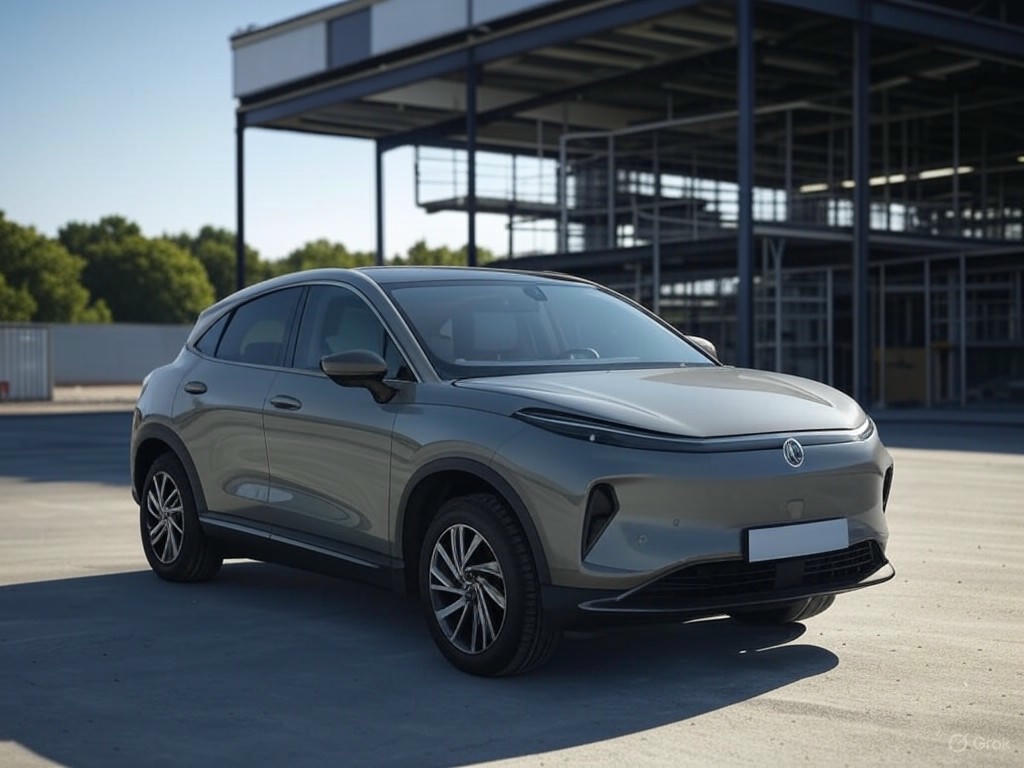Electric Vehicle Battery Giant Pauses South Carolina Plant Project Amid Uncertainty
In a surprising turn of events, Envision Automotive Energy Supply Co., a key player in the electric vehicle (EV) battery sector, has announced a temporary halt to the construction of its much-anticipated manufacturing facility in South Carolina. The project, which promised to bring cutting-edge technology and hundreds of jobs to the region, has been put on hold, raising questions about the future of EV infrastructure development in the state and beyond.
The South Carolina plant was set to be a cornerstone of Envision’s expansion strategy in the United States, aimed at meeting the soaring demand for EV batteries as automakers race to transition to sustainable energy solutions. The facility was expected to produce high-capacity battery cells for electric vehicles, supporting major car manufacturers and contributing to the nation’s green energy goals. Local officials and business leaders had celebrated the project as a significant boost to the state’s economy, with projections of job creation and increased investment in the area. However, the sudden pause in construction has left stakeholders scrambling for answers.
While Envision has not disclosed the specific reasons behind the suspension, industry analysts speculate that a combination of factors could be at play. Global supply chain disruptions, rising costs of raw materials like lithium and cobalt, and fluctuating demand for EVs in certain markets may have forced the company to reassess its timeline. Additionally, broader economic uncertainties, including inflation and potential shifts in government policies on clean energy incentives, could be influencing the decision. South Carolina, known for its growing manufacturing hub, has been a prime location for automotive and tech companies, making this pause particularly notable.
The impact of this delay extends beyond the immediate project. Local communities that were banking on the economic ripple effects of the plant—such as job opportunities and infrastructure growth—now face uncertainty. Small businesses in the area, from construction firms to suppliers, may also feel the pinch as contracts and partnerships are put on hold. Moreover, this development could signal caution to other EV battery manufacturers considering investments in the region, potentially slowing the momentum of the clean energy sector in the state.
Despite the setback, there is hope that this is merely a temporary hiccup. Envision has emphasized its commitment to the EV market and hinted that the pause is a strategic move to ensure long-term success rather than an outright cancellation. Industry experts remain optimistic that with stabilizing market conditions and continued government support for renewable energy initiatives, projects like this will resume. For now, South Carolina and the broader EV industry wait anxiously for updates on when—or if—construction will restart. This situation serves as a reminder of the complex challenges facing the transition to a sustainable future, where innovation must often navigate economic and logistical hurdles.


